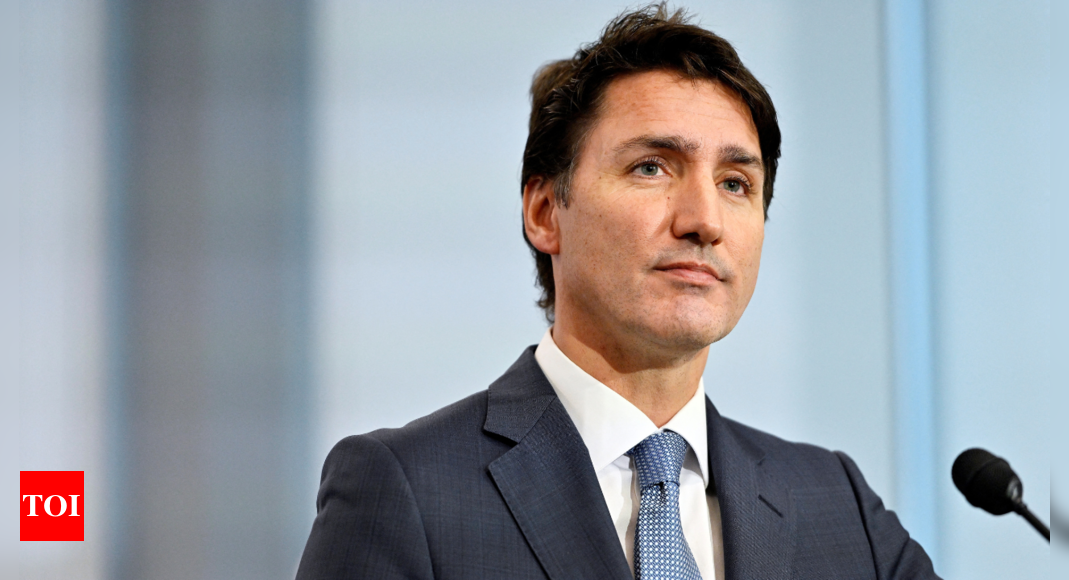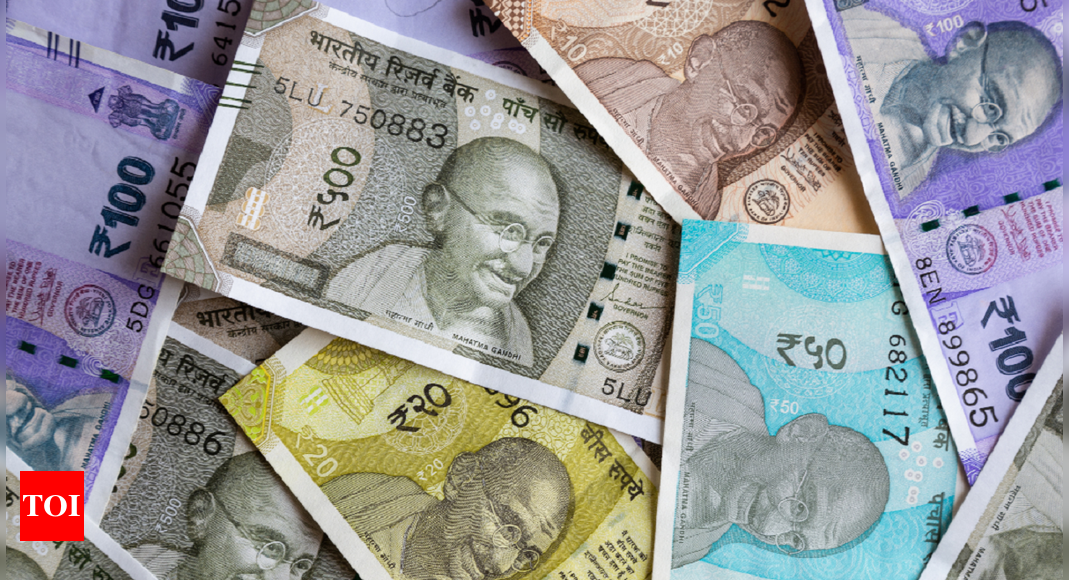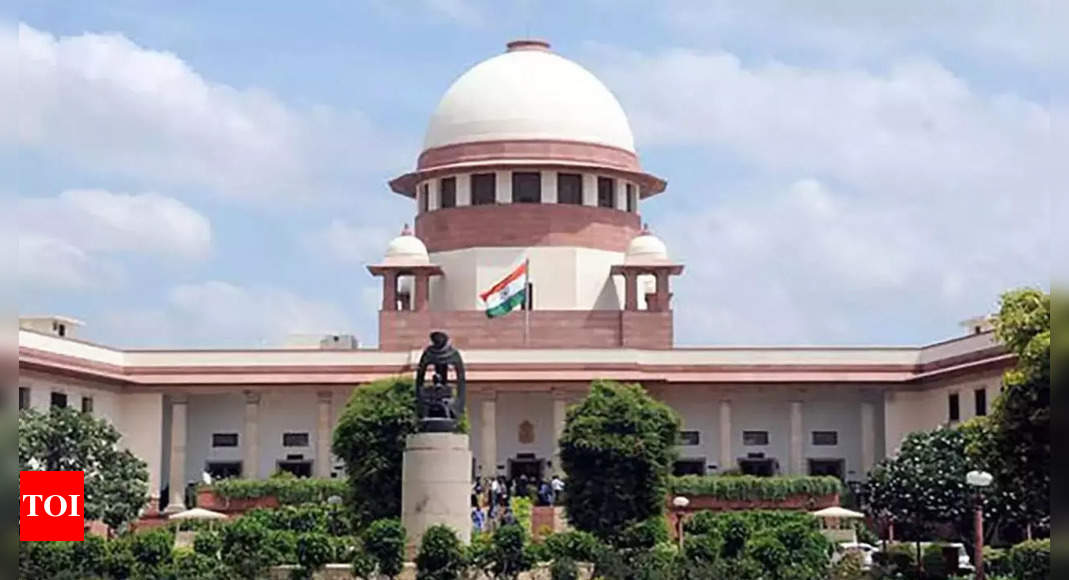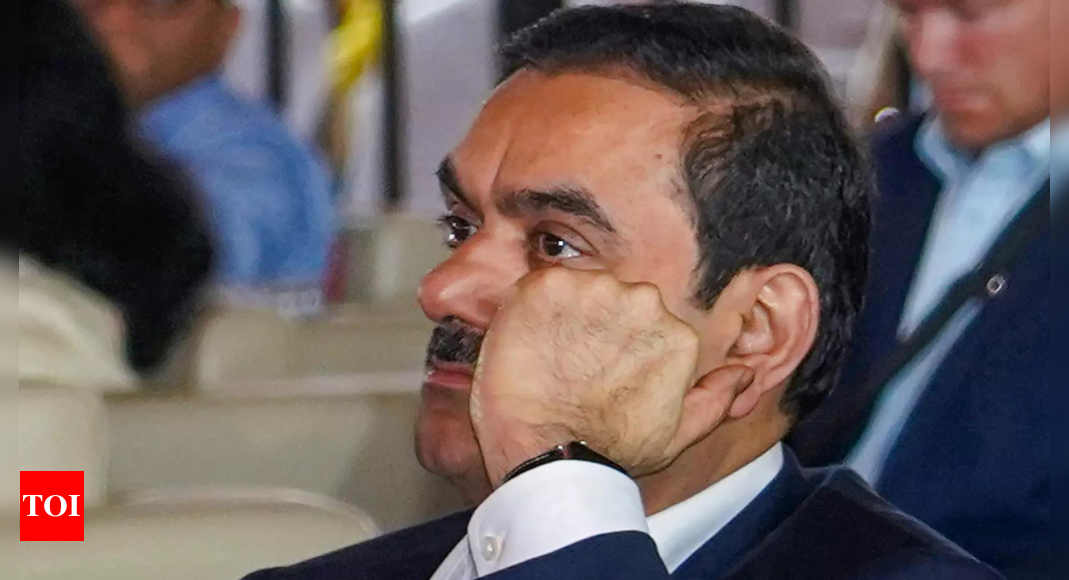
Canadian Prime Minister Justin Trudeau narrowly survived a vote of no confidence, with 211 lawmakers opposing and 120 in favour, on Wednesday, according to AFP news agency. This vote comes in the wake of heightened scrutiny from the opposition, particularly from Conservative leader Pierre Poilievre, who is eager to capitalise on the political system following the recent collapse of the coalition agreement between the Liberals and the New Democratic Party (NDP).
The no-confidence motion was introduced by Poilievre on Tuesday, which followed a debate in Parliament where he criticised Trudeau for failing to address pressing issues such as high living costs, housing crisis, and rising crime rates. “After nine years of Liberal government, the promise of Canada is broken,” said Poilievre noting the doubling of national debt under Trudeau’s leadership. He pledged to implement “a common sense plan to reduce the tax (on carbon emissions), build homes, fix the budget and stop the crime” if elected.
“People are hurting. People are having trouble paying for groceries, paying for rent, filling up the tank,” said Trudeau on The Late Show with Stephen Colbert acknowledging that many Canadians are “looking at change.” Also, highlighting the challenges Canadians are facing, Trudeau asserted that he remains committed to “keep fighting” to improve their situation.
Poilievre has vowed to continue pushing for an election, with another attempt to bring down the government expected as early as next week.
Despite Poilievre’s attempts to unseat Trudeau, other opposition parties have pushed back against his right-wing agenda. Liberal House leader Karina Gould condemned the Conservatives for “playing games,” labelling the no-confidence motion as “pretty lame.”
Trudeau, who first came to power in 2015, has previously fended off two of Poilievre’s predecessors in elections in 2019 and 2021. The NDP’s withdrawal from the coalition, intended to maintain government stability until late 2025, has left the Liberals vulnerable. A recent Angus Reid poll shows the Conservatives leading the Liberals by a significant margin, with 43% of voting intentions compared to 21% for the ruling party. Political analysts suggest that an election is unlikely until spring 2025.









